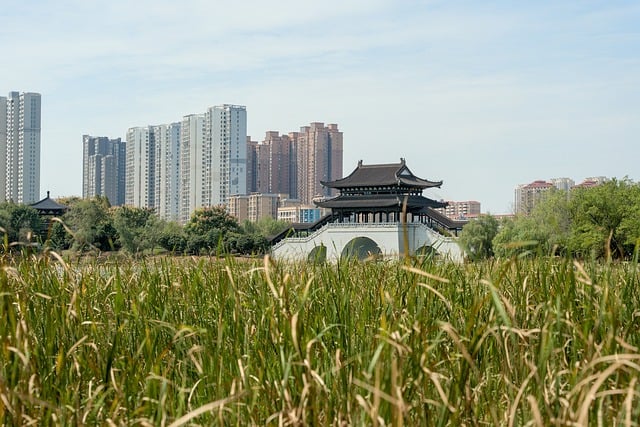In a world increasingly aware of environmental challenges, the concept of social greening has emerged as a beacon of hope, fostering community connections through eco-friendly practices. As urban areas expand and natural landscapes diminish, cultivating lush, green spaces becomes not just a pastime but a vital act of social responsibility. Community gardens, green parks, and neighborhood tree-planting initiatives are pivotal in restoring the balance between humanity and nature.
Gardening provides an avenue for individuals to engage meaningfully within their communities. By forming collectives that focus on growing native plants, vegetables, and flowers, communities promote biodiversity and combat the adverse effects of urbanization. Just imagine vibrant gardens, filled with the scent of fresh basil and the colors of blooming wildflowers, sprouting in every neighborhood. These green spaces not only beautify the environment but also play a crucial role in improving air quality, reducing heat, and providing habitats for countless species.
The act of tending to a garden encourages collaboration, fosters friendships, and cultivates a sense of belonging. Neighbors come together with shared goals, whether transforming a vacant lot into a flourishing garden or organizing clean-up days in local parks. In these moments, barriers dissolve, and the spirit of community thrives. Participants can connect over the joy of planting seeds and witnessing their growth, as they reflect on the deeper connections between themselves, the earth, and each other.
Furthermore, gardens serve as educational platforms, teaching people of all ages about sustainable practices and the importance of respecting our environment. Workshops can be organized to share knowledge about composting, organic gardening, and the benefits of native plants. When communities embrace eco-friendly gardening techniques, they nurture not just plants, but also the next generation of environmental stewards, instilling a sense of responsibility and awareness about the planet we share.
As we immerse ourselves in social greening, we inevitably foster a culture that values eco-consciousness. This culture extends to every facet of community life, encouraging residents to adopt more sustainable habits. From reducing waste to supporting local businesses that prioritize green practices, the ripple effect of a community dedicated to nurturing nature can be profound.
Envision a neighborhood where children play freely amongst trees, neighbors exchange homegrown produce, and the beauty of nature is woven into daily life. This is not just a dream; through social greening, it can be a reality. By coming together, planting seeds of change, and cultivating greener practices, we can create a legacy that not only sustains our environment but enriches the social fabric of our communities.




